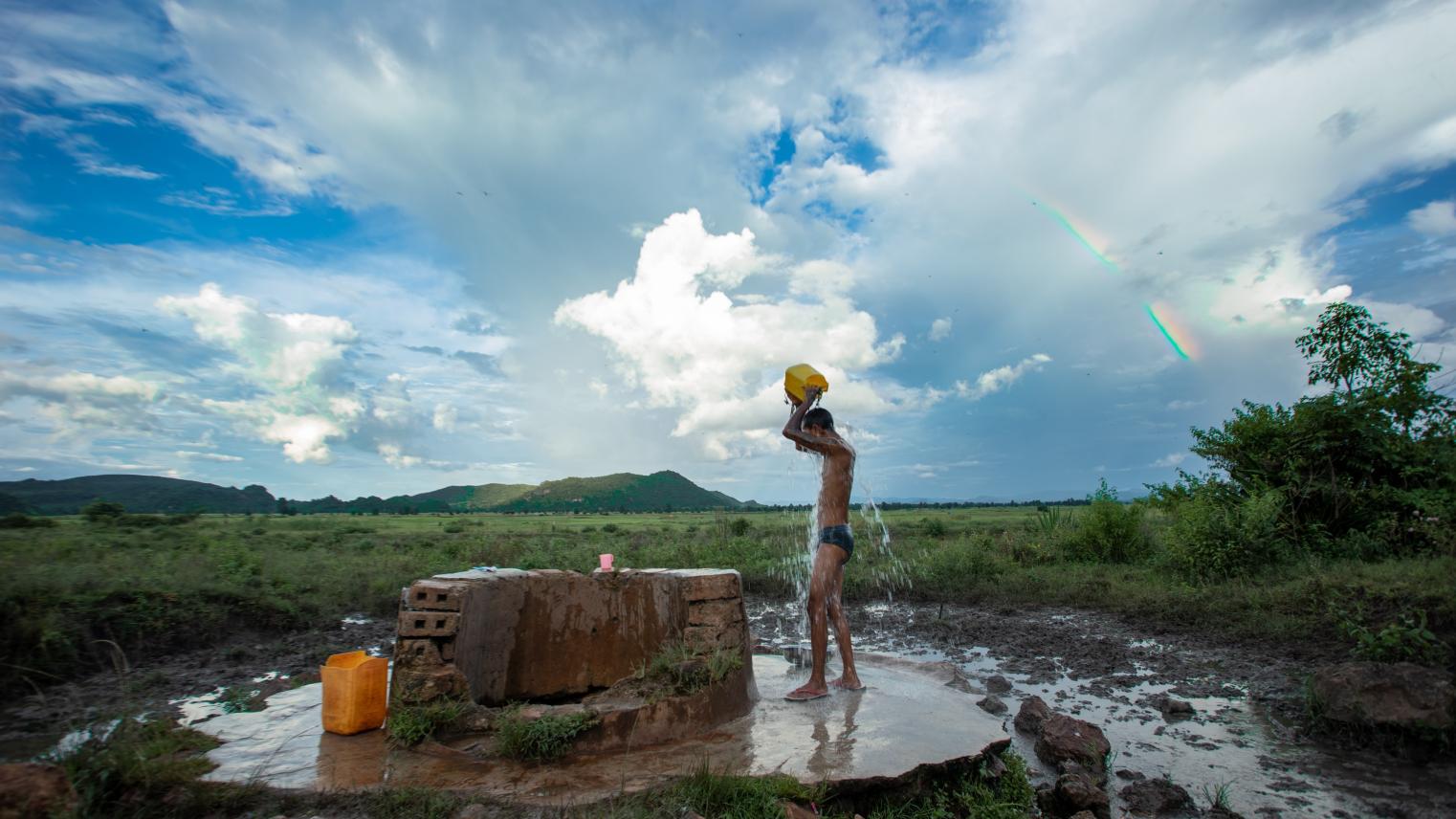ANU Myanmar Research Centre Dialogue Series 2024
Timezone:
5-6pm (AEST) (UTC+10), 1.30- 2:30pm MMT (UTC+6.30)
VENUE:
The dialogues in the series will be held in hybrid mode, i.e. in-person on the ANU Campus, and virtually on zoom.
- IN-PERSON: Regional Institutes Boardroom, HC Coombs Extension Building 8, 9 Fellows Road, ANU, Acton, ACT, 2601
- ONLINE: Zoom. Once you register here, you will be directed to the event page on Humanitix. Please select the relevant ticket, in-person or online, according to your preferred attendance mode. You will receive the zoom link and details after registering for online attendance.
For more information on the MRC 2024 Dialogue Series please see the MRC website or contact the Chair:
- David Hopkins, david.hopkins@anu.edu.au
Rohingya, Rakhine, and racial capitalism: The political economy of a protracted genocide
The long-standing oppression of the Rohingya that precipitated their ethnic cleansing from their homeland in Myanmar’s western Arakan region in 2017 is often attributed either to animosity from local Rakhine Buddhists or to the military-state’s desire to rid the country of Muslims. While both internecine and state-led motivations are undoubtedly relevant, neither fully explain the depth of hatred for the Rohingya – and the fact that the belief that the Rohingya are not Burmese seemed the one thing the majority ethnicity (Bamar) and the country’s other taingyingtha (indigenous nationalities) could agree upon before the military 2021 coup. These facts compel an incorporation of additional variables in which state authoritarianism and political economy are linked. Based on a multi-phase oral history project with elderly Rohingya individuals living in Bangladesh’s refugee camps (interviews with over 100 people), the talk conducts a political economic analysis of the dynamics leading to Rohingya expulsion (bouts of which occurred in 1978, 1992-94, and 2016-17).
It proposes that authoritarian state formation processes (particularly the expansion of immigration, security, and population relocation institutions) provided a backdrop for local conflicts over scarce land resources that helped buttress distinctions between Rohingya and members of the Buddhist Rakhine ethnicity. Critically, the military state, while racist and bigoted, did not take Rohingya extrusion as its only goal; instead, by seeking security objectives (and its agents seeking rent-seeking opportunities), it created expulsive pressures that were experienced differentially, co-varying with class: e.g. poor Rohingya who could not bribe immigration officials (thereby ‘proving’ their citizenship) or military commanders (thereby buying themselves out of forced labor) fled the country, while those who could purchase security did so. This protracted extrusion of Rohingya gave way to the mass violence of 2017’s expulsion of 800,000 Rohingya - a campaign that did not differentiate by class, and which, consequently, led to massive ethnogenetic consequences: Rohingya coming to identify as such, given their killability as tokens of that common type.
Speaker
Elliott Prasse-Freeman, Assistant Professor of Anthropology at the National University of Singapore, has conducted long-term fieldwork in Myanmar and its environs. His first book (Rights Refused, Stanford University Press, 2023) focuses on political activism in Burma, while his current book project examines Rohingya ethnogenesis amidst dislocation and mass violence. His work has appeared in Journal of Burma Studies, Independent Journal of Burmese Research, American Ethnologist, Current Anthropology, Journal of Peasant Studies, Public Culture, and Comparative Studies in Society and History, and he's the co-editor of Anthropological Theory Commons, a space to which you should consider submitting your short-form theory pieces!
Chair
David Hopkins, david.hopkins@anu.edu.au
The ANU Myanmar Research Centre Dialogue Series is a conversation concerning current research on Myanmar aimed at providing scholars with an opportunity to present their work, try out an idea, advance an argument and critically engage with other researchers. International and Myanmar researchers from any discipline are invited to contribute. The Dialogue Series is particularly seeking to provide a space for early career researchers wishing to receive constructive feedback. Each dialogue is one hour long, including a 30-minute presentation followed by a 30-minute Q&A. As a hybrid series, the Dialogues are presented in both virtual and in-person format, hosted by the ANU Myanmar Research Centre.
